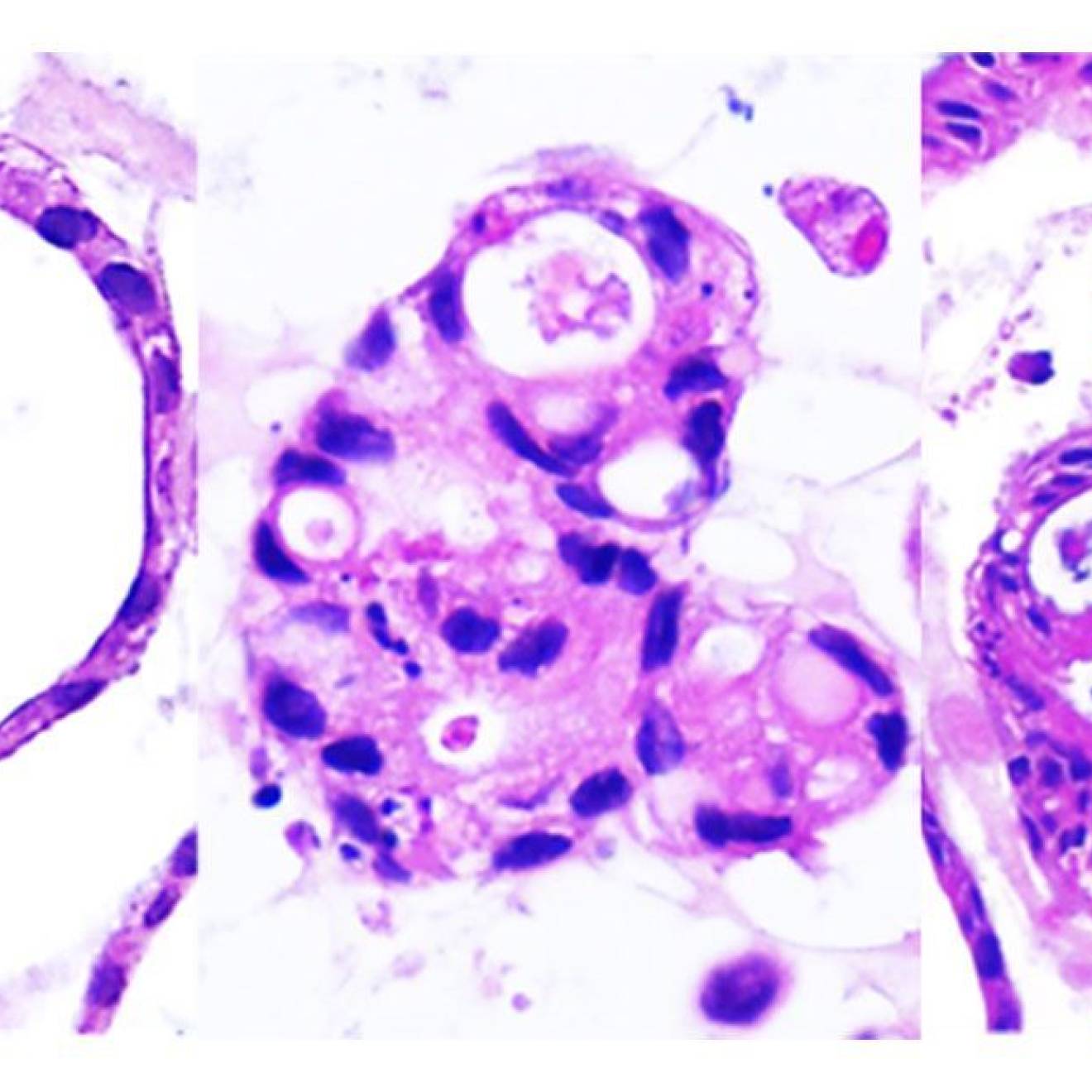UC Davis
Children exposed to tobacco smoke from their parents while in the womb are predisposed to developing diabetes as adults, according to a study from the University of California, Davis, and the Berkeley nonprofit Public Health Institute.
In the study, published Feb. 9 in the Journal of Developmental Origins of Health and Disease, women whose mothers smoked while pregnant were two to three times as likely to be diabetic as adults. Dads who smoked while their daughter was in utero also contributed to an increased diabetes risk for their child, but more research is needed to establish the extent of that risk.
“Our findings are consistent with the idea that gestational environmental chemical exposures can contribute to the development of health and disease,” said lead author Michele La Merrill, an assistant professor of environmental toxicology at UC Davis.
The study analyzed data from 1,800 daughters of women who had participated in the Child Health and Development Studies, an ongoing project of the Public Health Institute. The CHDS recruited women who sought obstetric care through Kaiser Permanente Foundation Health Plan in the San Francisco Bay Area between 1959 and 1967. The data was originally collected by PHI to study early risk of breast cancer, which is why sons were not considered in this current study.
In previous studies, fetal exposure to cigarette smoke has also been linked to higher rates of obesity and low birth weight. This study found that birth weight did not affect whether the daughters of smoking parents developed diabetes.
“We found that smoking of parents is by itself a risk factor for diabetes, independent of obesity or birth weight,” said La Merrill. “If a parent smokes, you’re not protected from diabetes just because you’re lean.”
The study was supported through funding from the National Institute of Environmental Health Sciences, the Eunice Kennedy Shriver National Institute of Child Health and Human Development, and the California Breast Cancer Research Program Special Research Initiative.

